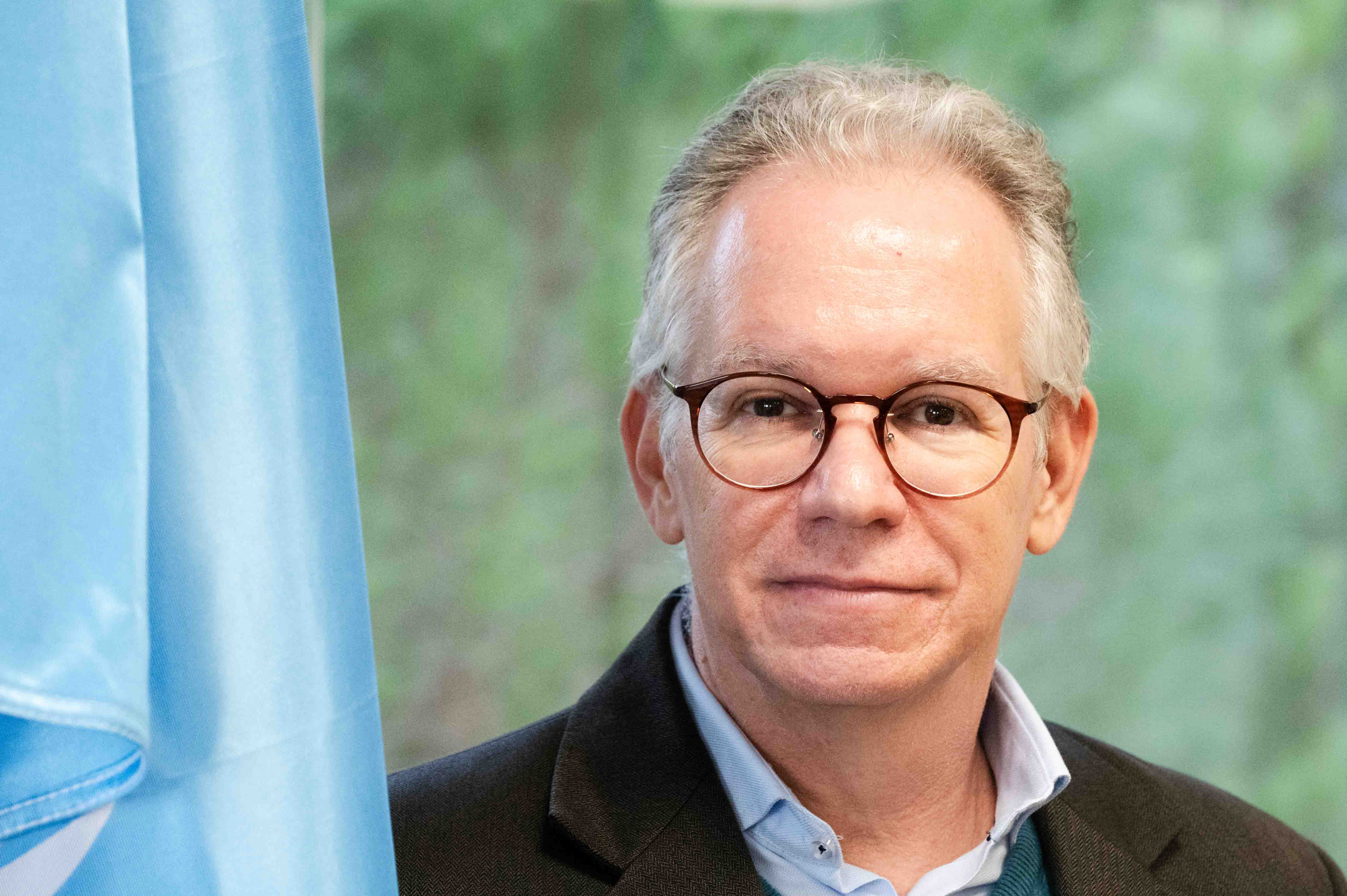
The drive to solve problems is one of humanity’s most defining traits. From childhood, we are captivated by the mysteries of the universe and the quest to understand it. For some, this innate curiosity evolves into a lifelong journey in science. Yet, countless individuals never have the opportunity to pursue these dreams, even as the role of scientists becomes increasingly vital in shaping our shared future.
Today, the world faces monumental challenges: climate change, biodiversity loss, disease outbreaks, resource scarcity, and rising inequality. These issues fuel conflicts and jeopardize progress toward the Sustainable Development Goals (SDGs). In this context, one truth becomes starkly evident: without science, our world has no future.
But science is not a singular entity; it is a rich tapestry of disciplines, driven by the collective efforts of researchers from diverse fields and backgrounds. To fully unlock its potential, we must foster collaboration across borders, cultures, and continents. Equally critical is empowering scientific talent in the developing world—not only to ensure that these regions benefit from advancements in science and technology but also to enable them to contribute meaningfully to solving humanity’s greatest challenges.
The stories in this edition of the TWAS Newsletter showcase how the Academy, now entering its fifth decade, continues to build a global culture of scientific excellence. Our awards programs recognize and amplify the achievements of researchers, while the growing community of TWAS Fellows and Young Affiliates demonstrates that brilliance in science knows no geographical boundaries.
Yet, economic hardship remains a significant barrier for many scientists in the global South. Grants provided by TWAS and its partners help researchers acquire vital laboratory equipment and resources. But scientific progress requires more than just tools; it demands networks, skills, and opportunities for collaboration.
Recognizing this, TWAS recently convened 62 beneficiaries of two of its key programs—the TWAS Research Grants Programme, supported by the Swedish International Development Cooperation Agency (Sida), and the Seed Grant for New African Principal Investigators (SG-NAPI), supported by the German Federal Ministry of Education and Research (BMBF). These researchers, representing the future of science across the African continent, gathered in Dakar, Senegal, for the 2024 TWAS Skill Building Workshop. The workshop equipped participants with essential skills, including science communication, while fostering new partnerships that will undoubtedly shape the future of their work.
This edition of the TWAS Newsletter marks the final one for 2024—and the first under my leadership as TWAS Executive Director. As I begin my term, I want to honor the extraordinary contributions of my predecessors. Atish Dabholkar, the director of the Abdus Salam International Centre for Theoretical Physics (ICTP), served as an outstanding interim executive director, guiding the Academy with care during a transitional year—a period during which Seifallah Randjbar-Daemi provided key support. Romain Murenzi, who led TWAS for over a decade, expanded its programs into a transformative force for global scientific growth. And Mohamed Hassan, the Academy’s first executive director, worked alongside founder Abdus Salam to lay the foundations for what TWAS has become today—a beacon of hope for scientists in the developing world.
I look forward to working with the TWAS Council, led by TWAS President Quarraisha Abdool Karim, and all TWAS Fellows, Young Affiliates and Alumni to make sure our Academy continues to be the voice of science in the South. To do that, we will need to continue working in close association with other like-minded organizations, most notably ICTP, which has provided essential support and partnership to TWAS since its founding; the Organization for Women in Science for the Developing World (OWSD), and the InterAcademy Partnership (IAP), whose secretariats are hosted by TWAS; the TWAS Regional Partners, which keep us close to grassroots science in the developing world; the scientific institutions of the Friuli-Venezia Giulia Scientific Innovation System (Sis FVG); and an ever-growing global network of partners and supporters. By working in partnership, we can vigorously serve the scientific needs of developing nations and ensure that science underpins global development.
Looking ahead, I am deeply inspired by TWAS’s mission. Together, we will champion scientific research, education, and diplomacy in developing countries. By directing resources where they are needed most, fostering innovation, and empowering a new generation of researchers, we can pave the way for groundbreaking discoveries and a brighter future for all.
Let us rise to the challenge—because science remains humanity’s best chance to secure a better tomorrow.
Marcelo Knobel,
TWAS Executive Director

